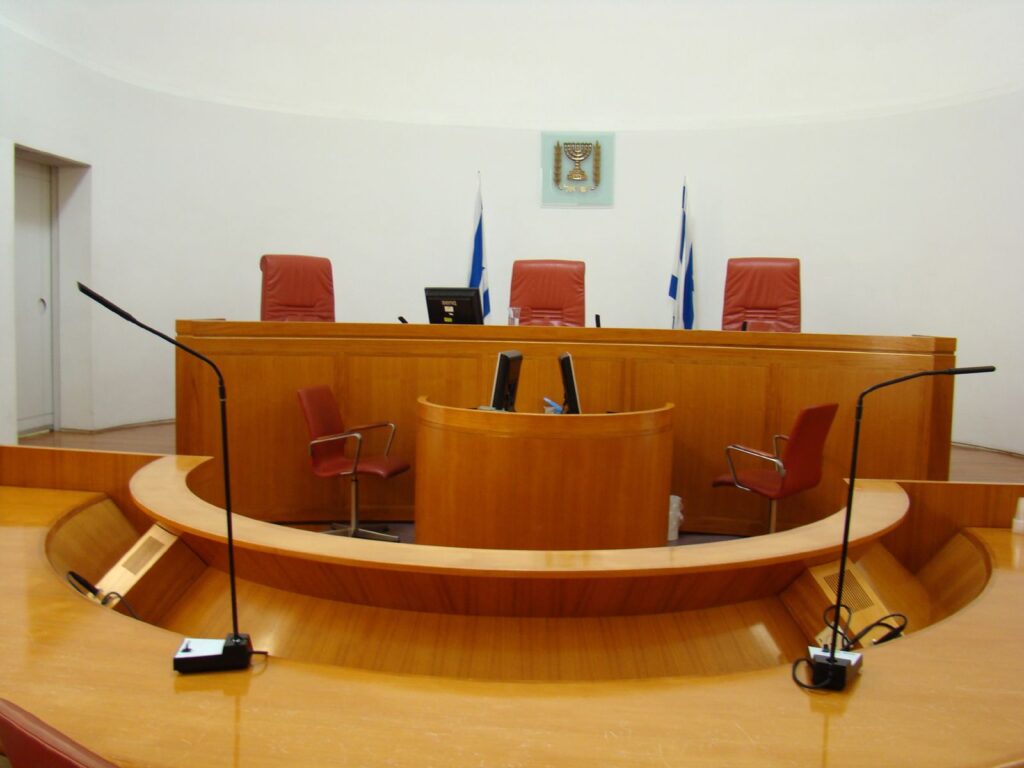The Brandeis Institute submitted an Amicus Brief to join the petitions filed against the amendment to the Basic Law: The Judiciary that abolished the reasonableness doctrine. According to the Brandeis Institute’s research, Israel has an unusual concentration of extensive regulatory and executive powers held by the government, compared to other democracies in the world. The Brandeis Institute believes that a blanket cancellation of the reasonableness doctrine on government and ministerial decisions will deprive the court of an essential tool of judicial review of their actions, including of individual decisions in regulatory matters.
Additionally, the amendment to the Basic Law undermines the function and independence of the gatekeepers – and the government legal advisory system in particular, which serves as the “first line of defense” in maintaining the rule of law.
As a result, the amendment to the Basic Law could create a situation where the government and its subordinates enjoy unlimited power, without an entity that can effectively monitor the correctness of their actions.
The proposed amendment to the Basic Law could lead to an increased risk of governmental corruption. This could result in elected officials abusing their regulatory powers to obtain benefits from supervised entities, which would help perpetuate their governmental status.

